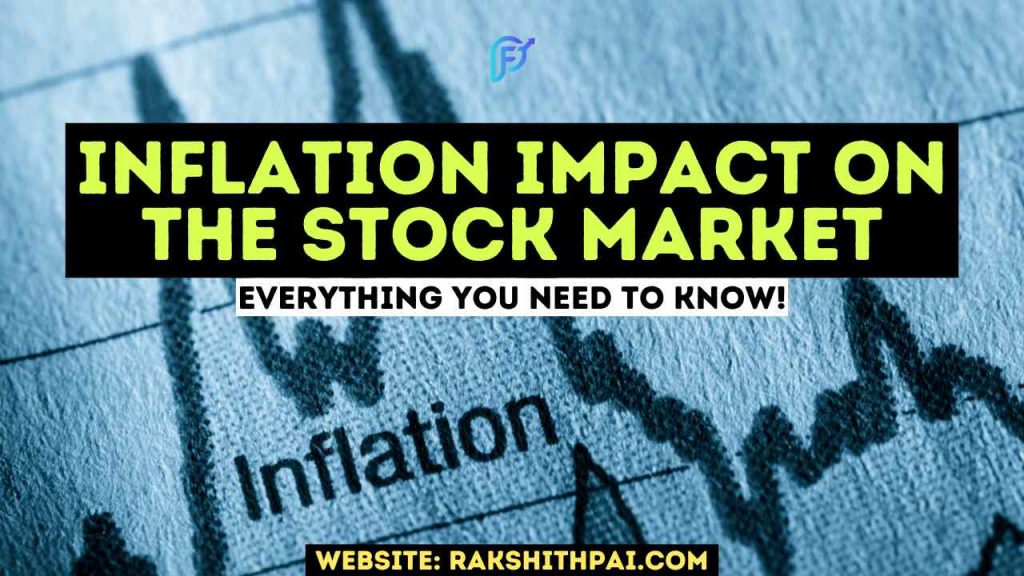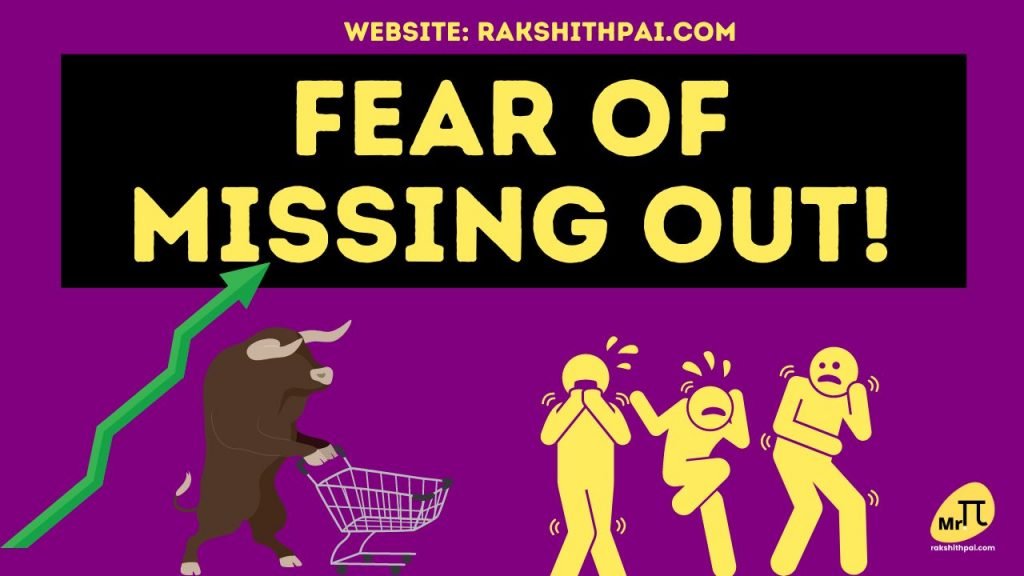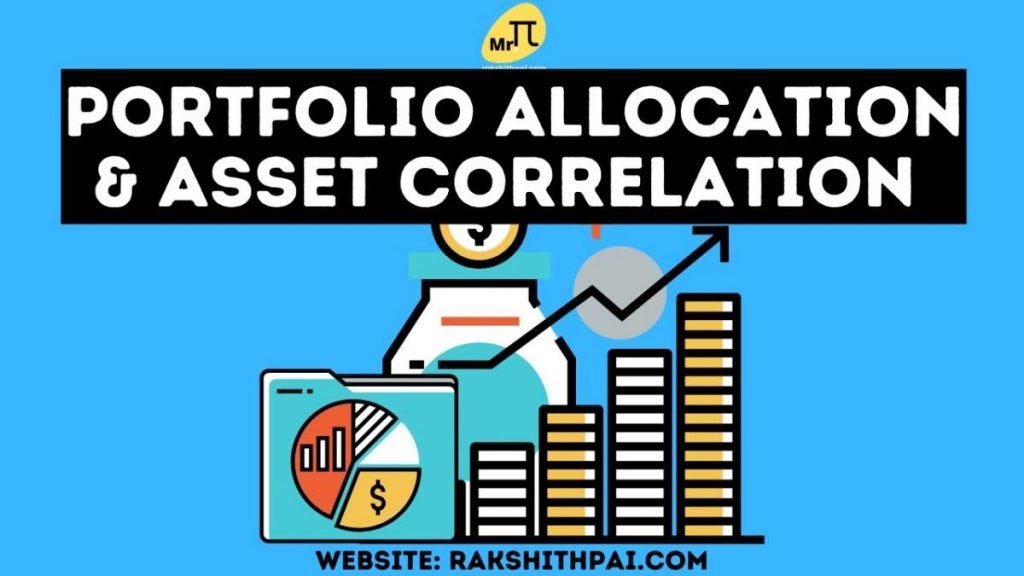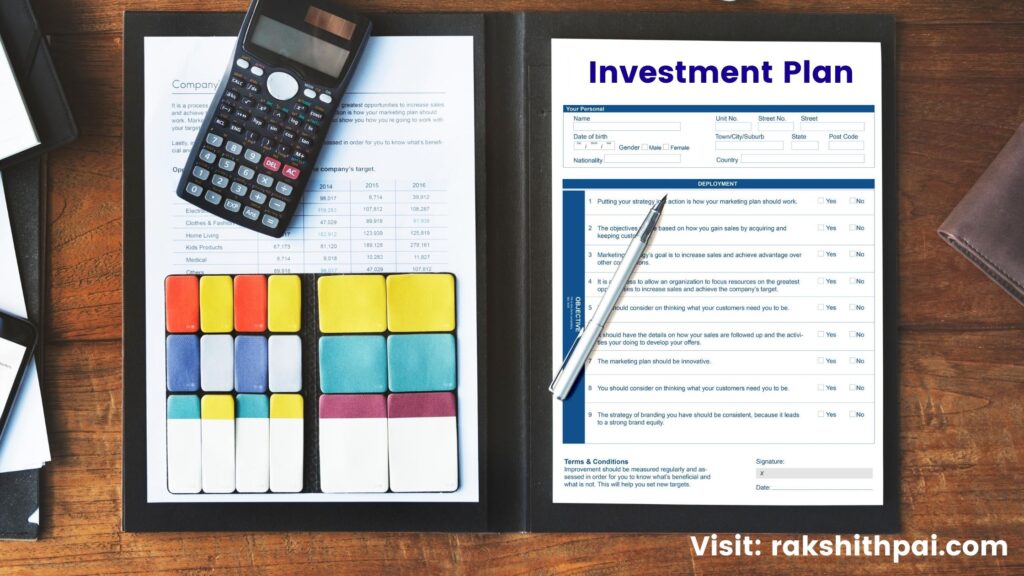Table of Contents
What is Inflationary pressure?
Inflationary pressure is when inflation affects both the supply and demand side of the economy and thus a general price rise is noted. Such a situation affects each and every part of the economy. Inflationary pressure forces an economy to adjust its demand and supply.
Equity Market relation with Inflation:
Speculation about the future pricing of products and services fuels a volatile market environment, which in turn contributes to the rising inflation rate. Many people worry that businesses’ profits will go down when costs go up.
Consequently, some shareholders may opt to sell, potentially causing a decline in the stock’s market price. However, investors who are confident in the company’s ability to turn a profit in the future may purchase these shares, adding to the market’s volatility.
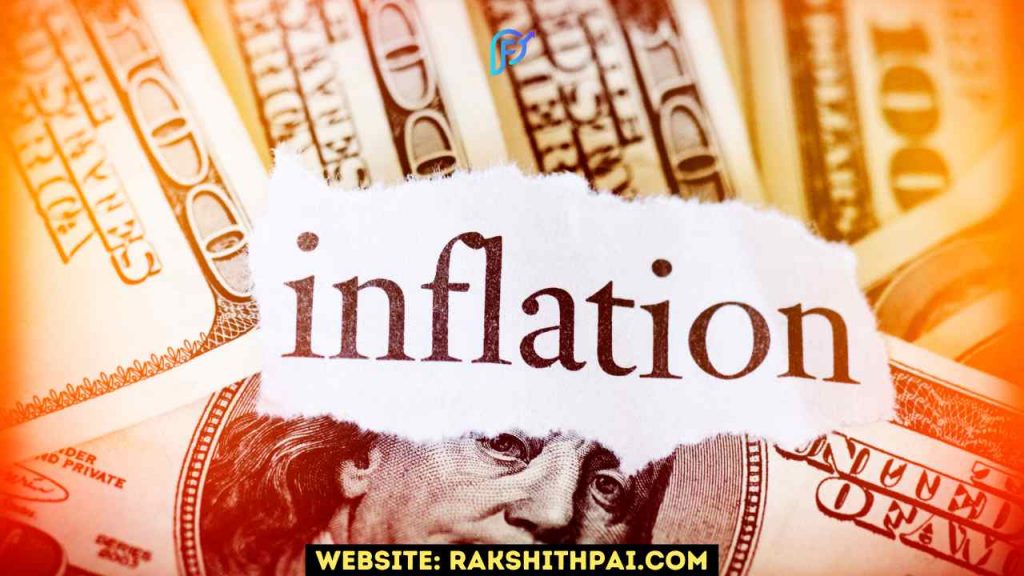
Impact of Inflation on Various Classes of Companies:
Value Stock
The impact of inflation rate shifts on value stocks is significant. Value stocks tend to have a market value that rises at a rate proportionate to inflation. So, value stocks do better when inflation rates rise.
Value Investing – The charm of investing:
Growth Stock
Growth stocks generate a small amount of cash. Growth stocks struggle during the inflationary phase. Consequently, they are inversely related to inflation. When inflation rates rise, the market value of these equities falls.
Dividend Stock
Dividend stocks might see a decline in value as a result of an increase in inflation. The simple reason is that dividends may not grow at the same rate as inflation, making the stock less appealing to buyers as prices rise.
15 Highest Dividend Paying Stocks in India 2023
Inflation Impact on Stocks & Bonds:
As far as Bonds are concerned. Interest rates or bond yields will rise in unison with an increase in the inflation rate. In the previous six months, we have witnessed this scenario play out, as bond rates have increased dramatically by several basis points in parallel with the rise in inflation forecasts.
In order to maintain a constant yield to maturity (YTM), bond prices will fall in response to an increase in rates. Bondholders, such as banks and those who invest through mutual funds, incur losses in the form of capital when bond values decline. This is why banks tend to suffer when interest rates increase.
In the case of stocks, the cost of capital rises as both inflation and interest rates rise. A company’s total cost of capital includes both its equity investment and its debt service payments.
There will be downward pressure on the value of the company’s future cash flows if bond rates rise. It is common knowledge that the present value of expected cash flows is subtracted from the expected future value to arrive at an equity valuation. Naturally, stock prices fall when discount rates rise.
Inflation and its impact on Indian Consumers:
What Must Investors Do?
Contrary to popular belief, inflation is not the issue here. Actually, a moderate increase in inflation rates is indicative of a flourishing economy. If you go back over time, you’ll notice that an increase in inflation typically coincides with a rise in GDP (GDP).
Remember that if inflation rates were excessively high, people’s ability to buy things would decrease significantly, which can have a negative impact on the economy. But if inflation rates are kept too low, economic expansion may be compromised.
Investors need to look into inflation rates from previous years to see if the current spike is temporary or long-term. Stocks may do well in a rising inflation environment, which is beneficial for businesses and the economy.
So, next time you come across news about Inflation and its impact on the economy. Be sure to Invest in the Stock Market, and choose value & growth companies for better returns.
Conclusion:
The common perception is that inflation will have a negative effect on the stock market. Not much detective work is required to figure out why. When inflation is strong, the cost of living rises, and people’s ability to buy goods and services decreases.
A rise in inflation reduces the purchasing power of a currency, which leads to reduced returns when inflation is taken into account. Second, the cost of equity is affected by the increased interest rates that accompany greater inflation. Inflation may also have both negative and positive effects on the stock market.
So, how does inflation affect India’s stock market? Does inflation affect financial investments? When prices rise, do individuals increase their investments or decrease them? How does inflation affect stock market indexes, notably the Nifty and the Sensex? You decide.
For More Information, Check this Video:
Disclaimer: All the information on this website is published in good faith and for general information purposes only.

